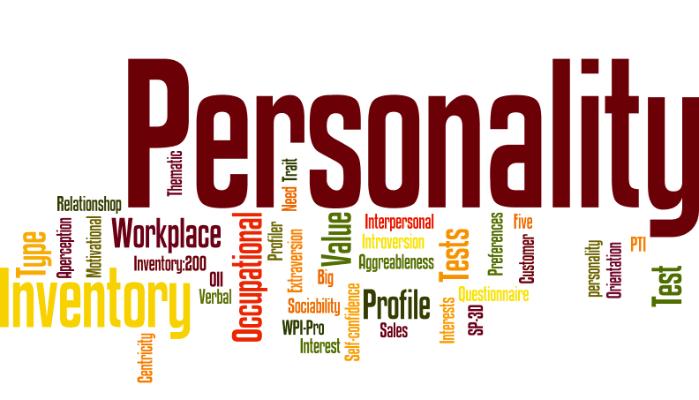What Are the Benefits of Personality Assessment Tests?
The purpose of personality tests is to help us learn more about our strengths and weaknesses. They are excellent tools for self-reflection and can often lead to “aha” moments.
There are many benefits to utilizing personality assessment tools, such as improving team dynamics, reducing turnover, and ensuring better hiring practices. Personality assessment tools are scientifically valid and provide valuable information for time and money savings.

Recruiting
In the recruitment process, personality tests are used to screen out applicants who might be a liability. These assessments are used alongside CVs and interviews to hire the right candidate.
Many personality tests help the hiring team identify red flags during the selection process, which allows them to make a more informed hiring decision.
However, many personality test providers admit that their tests should not be the sole factor in hiring decisions. They are more useful for identifying talent gaps and building strong teams.
As an example, someone who is highly empathetic can cultivate a sense of curiosity about strangers and discover commonalities with them. They also have ambitious imaginations and a good understanding of other people’s situations. Salespeople are highly desired for this trait.
It is common for candidates to overestimate certain traits that are viewed as socially desirable and underestimate others in personality tests.
Training
When companies are able to find the right people for their roles the first time around, personality assessment tests can save them money on training and performance. New staff can be brought in at a lower cost, and employees who do not perform well can be replaced at a lower cost.
Psychotherapy and psychology research are both common settings where personality tests are used. It is usually a self-report test and the results can be either dimensional or typological. They are also influenced by test-taking attitudes and questions answers. An exam that is stressful or upset will tend to be more successful for someone than an exam where they aren’t stressed or upset.
Leadership qualities can be assessed using personality tests, and they may be able to identify individuals who will make excellent leaders. However, other factors, such as response sets and social desirability bias, can distort these results. The person may choose to be more extroverted if he or she wants to be perceived as a leader.
Performance
Taking a personality test can reveal how individuals prefer to work on projects, how they communicate with colleagues, and what intrinsic motivations drive their behavior, allowing them to work more effectively and build stronger teams.
The personality assessment test needs to be more foolproof, however, as respondents can skew results by being dishonest or simply not being able to accurately describe their tendencies. They may also be able to tailor their answers to suit the company’s needs.
In order to ensure that your responses are valid, it is necessary to select a personality test that is data-backed and reliable. Tools like Mercer | Mettl can reduce the risk of respondents skewing results and ensure that your results are accurate. By using these tools during the interview process, it is possible to identify critical personality traits difficult to measure with CVs or in-person interviews.
Team Building
Shortlisting candidates is often achieved through personality tests. Rather than evaluating skills and experience, personality tests emphasize values and traits. It is also possible for this to backfire if the personality questionnaire questions could be better written. You may not be considered for a job if you answer yes to the question whether you are prone to violence or vandalism at work, even if the job does not require such aggression.
Additionally, personality assessments can be used for team building, as they help employees understand one another’s working preferences. They can help to limit conflict within teams and workplaces. If a teammate has a personality type I, they are empathetic and compassionate, and they prioritize relationships over work. As a result, they are easier to reach for work-related questions.
The value of personality tests lies in their ability to give a clear understanding of how people function, but they should not replace face-to-face interactions because they cannot capture the nuances of each individual.
Development
Employers can use personality assessment tests to better understand their employees and recruits and improve their productivity and success in their careers.
Recruiters can also use personality inventories to improve the diversity of a company by allowing individuals to customize their answers to fit their needs. His advice is that candidates should not alter their answers to match the desired results of tests, as this could affect their validity and accuracy.
Conclusion
In order to minimize the likelihood of respondents faking a good response, personality tests must be designed for specific industries using scaling methodologies.
Personality tests must also be able to measure traits critical to success in the workplace, such as openness, agreeableness, and conscientiousness. As well as being valid, reliable, and easy to administer, personality assessment tools must also be unbiased. In order to ensure fairness, scientifically proven methodologies are used.









